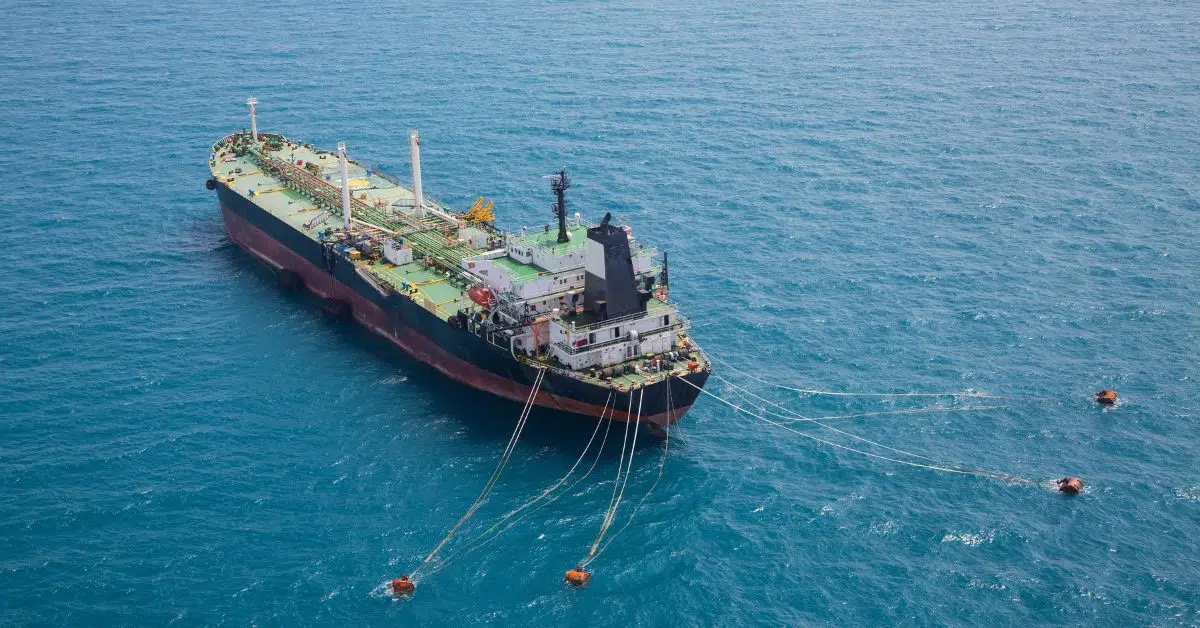The maritime community of the Eastern Mediterranean is increasingly recognizing the need to reduce emissions and is taking steps towards decarbonization. Although progress is uneven, the responses from shipping companies, ports, suppliers, and civil society show increasing awareness and readiness for action, particularly in relation to skills, safety, infrastructure, and alternative fuels.
Notably, citizens believe that shipping emissions are between 50–70% of total greenhouse gas (GHG) emissions, while in reality they are about 3%.
These are the findings of the 1st cycle of the international METAVASEA survey, which was conducted between June and November 2024, prior to the adoption of the Net Zero Framework by the International Maritime Organization (/ MEPC 83) in April 2025.
A total of 898 responses were collected from across the spectrum of the maritime community, including shipping companies, seafarers, ports, suppliers, and civil society.
Key findings from shipping companies and seafarers:
Key findings from ports, suppliers, and civil society:
The survey was conducted within the framework of the METAVASEA project, which adopts a human-centric approach to the decarbonization of shipping in the Eastern Mediterranean, a region of strategic importance due to dense shipping traffic and port activities, aiming to map the infrastructure and skills required for the green transition. METAVASEA (2023-2027) is coordinated by HELMEPA and supported by the British charitable foundation Lloyd’s Register Foundation. Six partners, twelve collaborating entities, and an ever-expanding network of 60+ shipping and other companies, non-profit organizations, and educational institutions are participating.
Furthermore, the survey will continue throughout the project, allowing for continuous analysis and updating of trends, challenges, and skill development needs in the region.





